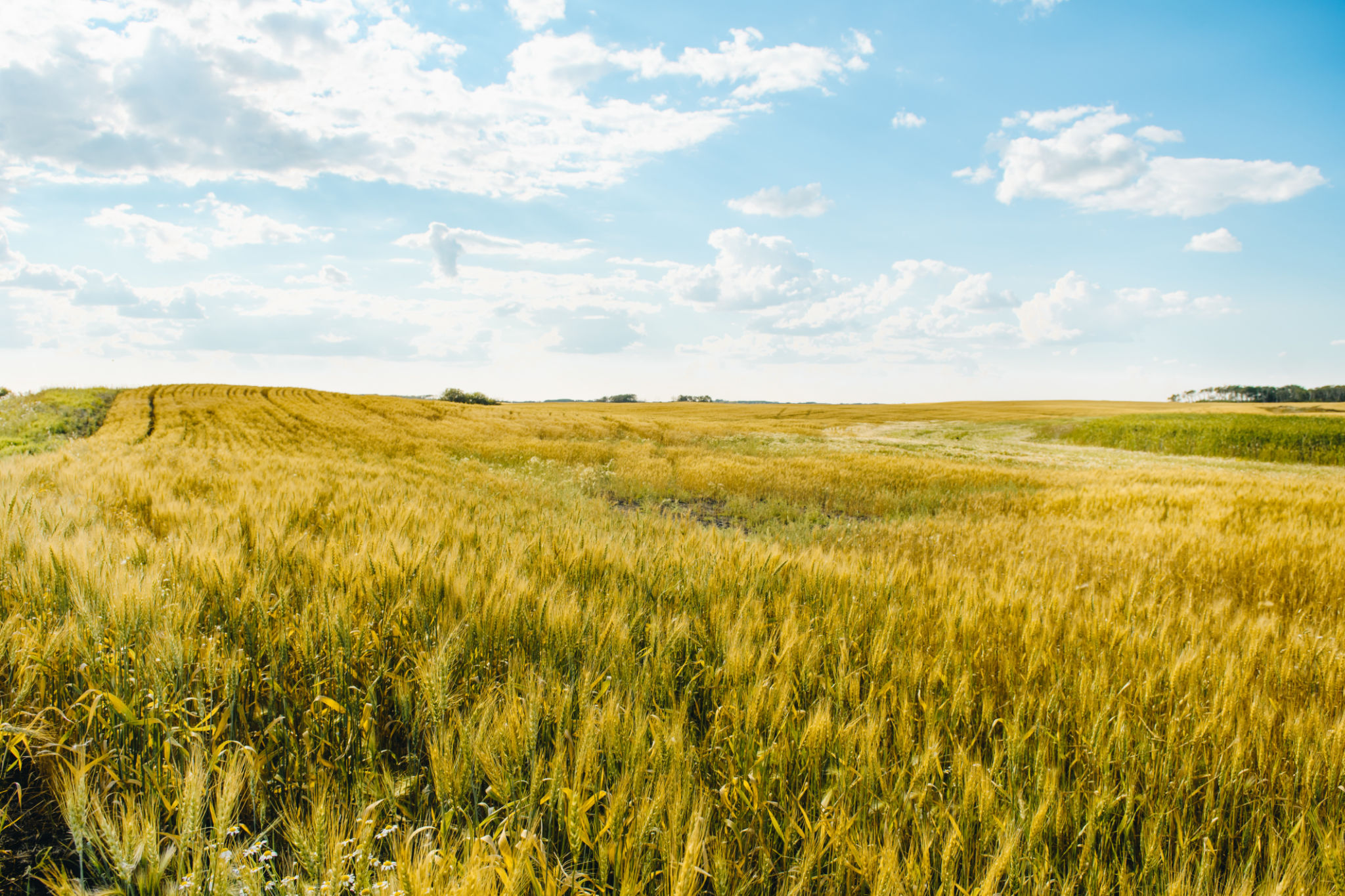Sustainable Agriculture Chemicals: Trends Shaping South Africa's Future
The Rise of Sustainable Agriculture in South Africa
As global awareness about environmental preservation grows, sustainable agriculture has become a focal point in South Africa. The country is at the forefront of adopting innovative solutions that not only enhance productivity but also protect the ecosystem. Sustainable agriculture chemicals are playing a pivotal role in this transformation, offering farmers eco-friendly alternatives that minimize environmental impact.
South African farmers are increasingly turning to these sustainable options to improve soil health and boost crop yields. By integrating modern technologies with traditional farming practices, they are paving the way for a more resilient agricultural sector. This shift is crucial for the country's food security and economic growth.

Innovative Trends in Sustainable Agriculture Chemicals
The development of sustainable agriculture chemicals has seen significant advancements in recent years. These innovations not only aim to protect crops but also ensure that the surrounding environment remains unharmed. A key trend in this sector is the use of biopesticides, which are derived from natural materials like animals, plants, bacteria, and certain minerals. These products offer a safer alternative to conventional chemical pesticides.
Another notable trend is the application of biofertilizers, which enhance soil fertility by fixing atmospheric nitrogen, solubilizing soil phosphorus, and stimulating plant growth through the synthesis of growth-promoting substances. These fertilizers are essential for maintaining soil health and ensuring long-term agricultural productivity.

Government Initiatives and Support
The South African government is actively supporting the transition towards sustainable agriculture. Policies and incentives are being introduced to encourage farmers to adopt environmentally friendly practices. Subsidies for sustainable agriculture chemicals, research funding, and educational programs are all part of these efforts. These initiatives not only help reduce the carbon footprint of agriculture but also promote biodiversity conservation.
One of the key programs focuses on training farmers in sustainable practices, ensuring they have the knowledge and tools necessary to implement these changes effectively. This educational approach is crucial for widespread adoption and long-term success.
The Role of Technology in Sustainable Agriculture
Technology is a driving force behind the shift towards sustainable agricultural practices in South Africa. Precision farming techniques, including satellite imaging and data analytics, allow farmers to optimize their use of resources. This results in increased efficiency and reduced waste, further enhancing the sustainability of agricultural operations.

The integration of smart technologies with sustainable agriculture chemicals allows for targeted applications, minimizing the impact on non-target organisms and reducing chemical runoff into water bodies. This synergy between technology and sustainable practices is revolutionizing agriculture across the country.
Challenges and Future Prospects
Despite the promising trends, several challenges remain in the widespread adoption of sustainable agriculture chemicals. Issues such as high initial costs, lack of awareness, and limited access to resources can hinder progress. However, continuous research and development, along with supportive government policies, are expected to overcome these barriers.
Looking ahead, sustainable agriculture chemicals will likely play a crucial role in shaping South Africa's agricultural future. As more farmers recognize the long-term benefits of these practices, the sector is poised for significant growth and transformation.
